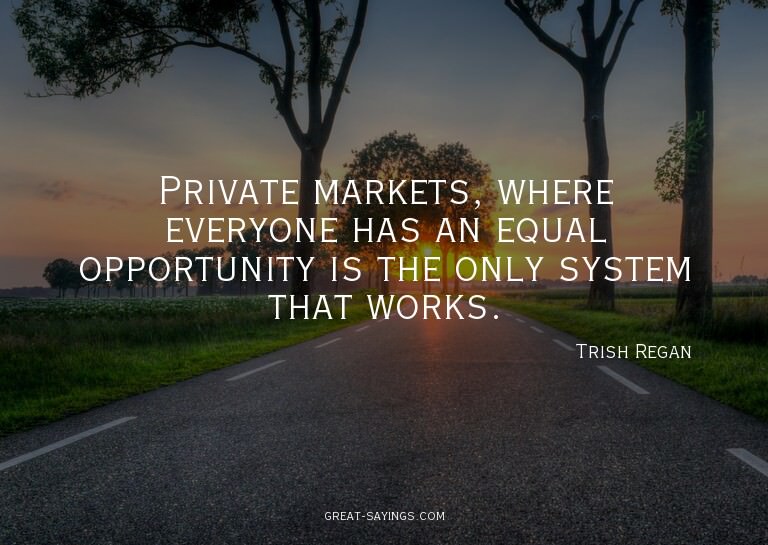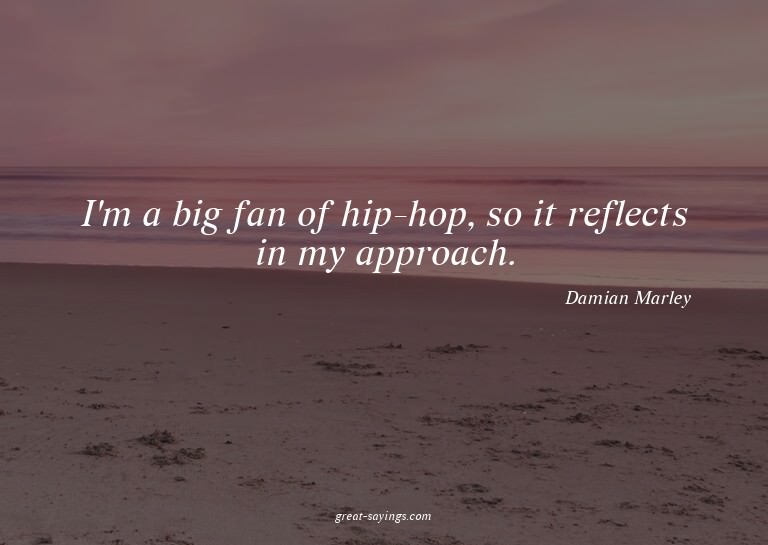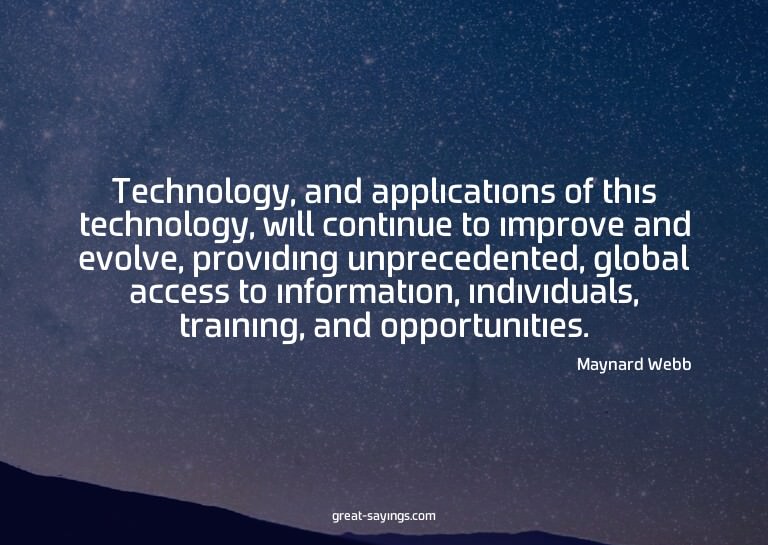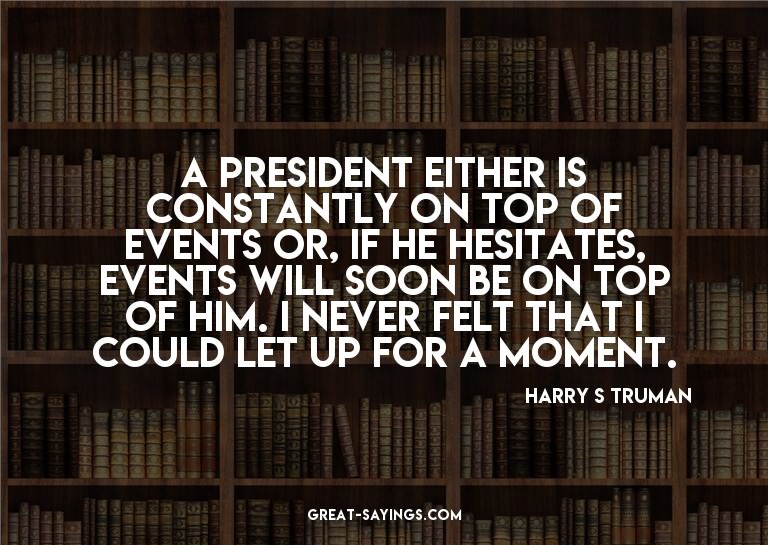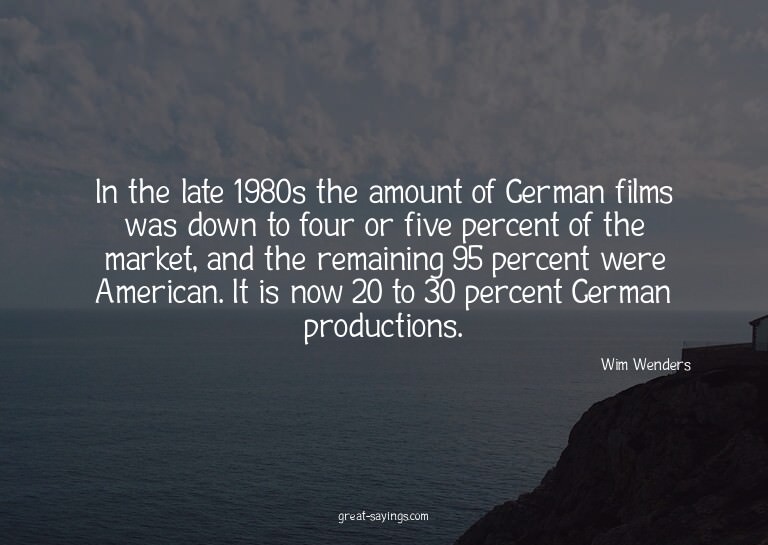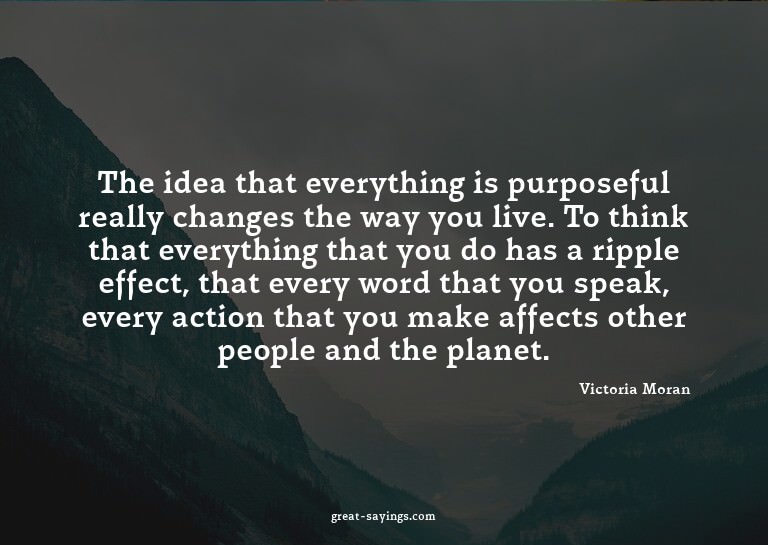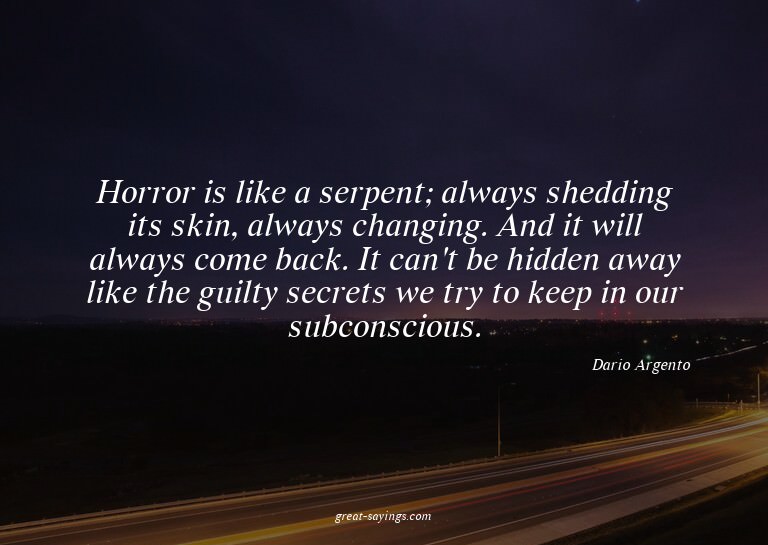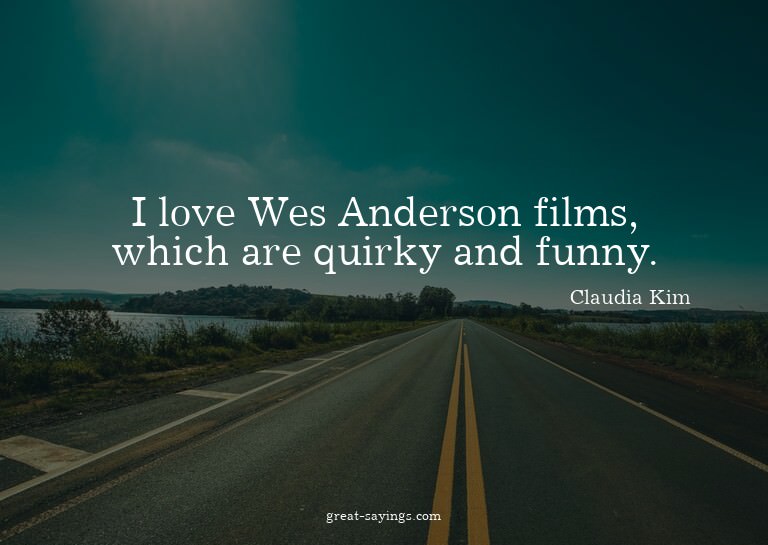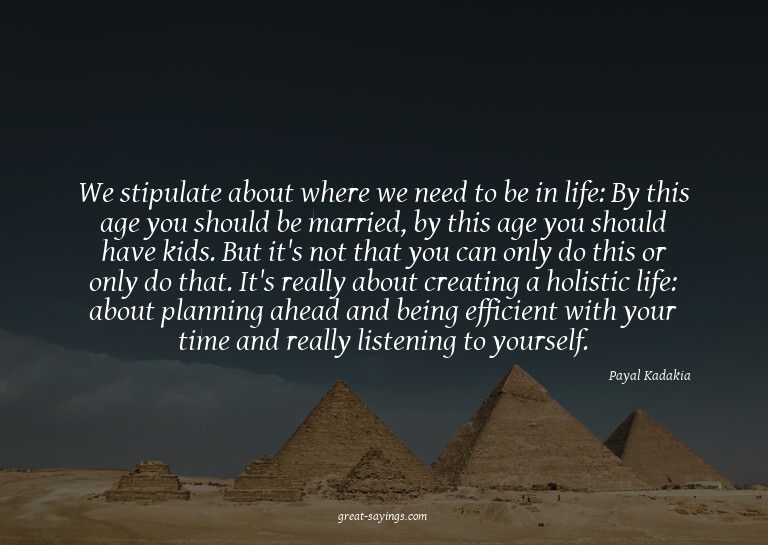Words matter. These are the best Virginia Postrel Quotes, and they’re great for sharing with your friends.

We know beauty when we see it, and our reactions are remarkably consistent. Beauty is not just a social construct, and not every girl is beautiful just the way she is.
Living with a single kidney is almost exactly like living with two; the remaining kidney expands to take up the slack. (When kidneys fail, they generally fail together; barring trauma or cancer, there’s not much advantage to a backup.) The main risk to the donor is the risk of any surgery.
The glamour of twentieth-century air travel helped to persuade once-fearful travelers to take to the skies and encouraged parochial Americans to go out and see the world.
The biggest threat to a better life is the desire to keep the future under control – to make the world predictable by reining in creativity and enterprise. Progress as a neat blueprint, with no deviations and no surprise, may work in children’s cartoons or utopian novels. But it’s just a fantasy.
We are material creatures who spend much of our lives on material pursuits (even building a cathedral or writing a novel requires stone and mortar or paper and ink).
Persuasion has become a kind of force. The more the advertiser knows about what consumers want, and the more desires the product and packaging seek to fulfill, the more coercive the force.
In the fall of 1978, I left the religious, conservative, biracial, slow-paced culture of South Carolina for the secular, liberal, multi-ethnic, intense culture of Princeton University. Like most immigrants, I was looking for a better life in a place I only half understood.
A standard ‘well woman’ checkup can last as little as 10 minutes, hardly time for any in-depth discussions.
Cable companies aren’t bad because they’re parts of unwieldy media conglomerates. They’re bad because they’re monopolies (even where they are no longer legally exclusive) and because the government policies that made them monopolies rewarded lobbying over customer service.
Barack Obama has brought glamour back to American politics – not the faux glamour-by-association of campaigning with movie stars or sailing with the Kennedys, but the real thing. The candidate himself is glamorous. Audiences project onto him the personal qualities and political positions they want in a president.
Fit experts envision a future in which you’d carry your body scan in your cell phone or on a thumb drive, using the data to order clothes online or find them in stores. But who’s going to pay for all those scanners, which cost about $35,000 each, and the staff to run them?
From the days of biplanes and silk scarves, the aviator has been the archetype of masculine glamour. Aviators have personified national ideals, from French elan to Soviet party discipline. They’ve inspired lust and admiration. They’ve turned sunglasses and short, utilitarian leather jackets into fashion statements.
On the Internet, people on the tails of the bell curve can find one another.
Standardized sizes made inexpensive, off-the-rack garments economically feasible. They gave shoppers a reliable guide to finding clothes in self-service shops.
The Taliban outlawed wearing polish in the late 1990s, punishing some offenders by amputating a fingertip. Importing polish was banned only in July 2001, which suggests that women were still wearing painted nails within the safety of their homes.
European nations began World War I with a glamorous vision of war, only to be psychologically shattered by the realities of the trenches. The experience changed the way people referred to the glamour of battle; they treated it no longer as a positive quality but as a dangerous illusion.
With its fluctuating forms and needless decoration, fashion epitomizes the supposedly unproductive waste that inspired 20th-century technocrats to dream of central planning. It exists for no good reason. But that’s practically a definition of art.
In post-Vietnam, post-Watergate America, skeptical voters demand full disclosure of everything from candidates’ finances to their medical records, and spin-savvy accounts of backstage machinations dominate political coverage.
By giving unusual people an easy way to find one another, the Internet has also enabled them to pool rare talents, resources, and voices, then push their case into public consciousness. The response, in many cases, is a kind of hysteria.
Bill Clinton has done some incredibly reckless, irresponsible things as president. But his campaign to expand Medicare entitlements has to rank among the worst.
What makes a loft authentic isn’t its layout or its history but its ability to give people a true home – a dwelling that reflects their personalities and aspirations, including their dreams of urbanity.
The Dallas model, prominent in the South and Southwest, sees a growing population as a sign of urban health. Cities liberally permit housing construction to accommodate new residents. The Los Angeles model, common on the West Coast and in the Northeast Corridor, discourages growth by limiting new housing.
The intimate contest for self-command never ends, and lifetime happiness requires finding the right balance between present impulses and future well-being.
The United States government approaches patient choice in medication as Singapore does free speech: its pronouncements sound reasonable and tolerant until you threaten its prerogatives.
At the basic consumer level, the profusion of fonts appeals to a culture that celebrates expressive individualism.
Y2K hype taps our native discomfort with the realities of a dynamic, evolving social order. It elevates personal, local contact over the impersonality of the ‘extended order’ of trade and technological networks. It suggests that we can wipe the slate clean and start from scratch.
The glamour of air travel – its aspirational meaning in the public imagination – disappeared before its luxury did, dissipating as flying gradually became commonplace.
Our eyes and brains pretty consistently like some human forms better than others. Shown photos of strangers, even babies look longer at the faces adults rank the best-looking.
By reshaping or decorating our outer selves, we express our inner sense of self: ‘I like that’ becomes ‘I’m like that.’
The evergreen story of people in debt becomes even sexier in an economic downturn, when debts inevitably get harder to pay.
Kidney donors don’t have to be close relatives of recipients, but they do need to have the right blood type. And kidneys from living donors tend to last many years longer than kidneys from deceased donors.

There’s a popular saying that the Internet interprets censorship as damage and routes around it. Desire and innovation will trump policy, the argument goes, as clever programmers circumvent controls.
The profusion of fonts is one more product of the digital revolution. Beginning in the mid-’80s and accelerating in the 1990s, type design weathered the sort of radical, technology-driven transformation that other creative industries, including music, publishing, and movies, now face.
The mere existence of ‘Buffy’ proves the declinists wrong about one thing: Hollywood commercialism can produce great art. Complex and evolving characters. Playful language. Joy and sorrow, pathos and elation. Episodes that dare to be different – to tell stories in silence or in song. Big themes and terrible choices.
The definition of an ‘operating system’ is bound to evolve with customer demands and technological possibilities.
Wars without military objectives have a tendency to go on forever.
Even before Sputnik, scientists and policy makers worried that not enough Americans were studying science.
Cosmetics makers have always sold ‘hope in a jar’ – creams and potions that promise youth, beauty, sex appeal, and even love for the women who use them.
Loft living is the antithesis of suburban domesticity, if only because the open spaces don’t easily accommodate family life. Lofts also offer residents the opportunity – and responsibility – to structure their own space to reflect what’s important to them.
The theater itself is a lie. Its deaths are mere special effects. Its tales never happened. Even the histories are distorted for dramatic effect. The theater is unnatural, a place of imagination. But the theater tells the audience something true: that the world requires judgments.
‘Frankenstein’ did not invent the fear of science; the novel found its audience because it dramatized anxieties that already existed. Although popular entertainment can, over the long run, shape public perceptions, it becomes popular in the first place only if it addresses preexisting hopes, fears, and fascinations.
The Y2K bug is a genuine technical concern, consuming the energies of many specialists. But the prophecies of doom represent a broader worldview using the bug as a news hook. In this vision, the good society is a stable society, undisrupted by innovation, ambition or outside influences.
Scientists appear most often in horror movies. Through childlike curiosity or God-defying hubris, they unleash destructive forces they can’t control – ‘Forbidden Planet’s Monsters of the Id.
Americans hate their cable companies – for bumbling installers, on-again-off-again transmissions, peculiar channel selections, and indifferent customer service. The only thing cable subscribers hate more than the cable company is not being able to get what it delivers: multichannel selection and good reception.
Pages: 1 2

